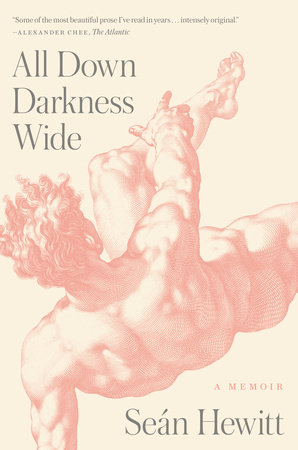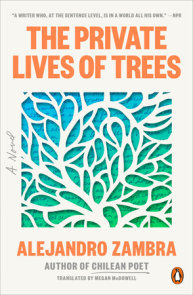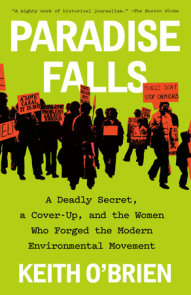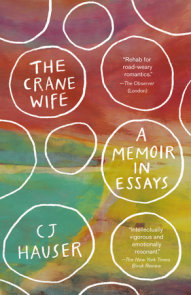READERS GUIDE
Link to designed Book Club Kit: https://randomhouse.box.com/s/nh8rhjgnnejnrba7bksjj383twb47tvyThe questions, discussion topics, and other material that follow are intended to enhance your group’s conversation of Seán Hewitt’s debut memoir, All Down Darkness Wide, a luminous coming-of-age story, and a heartbreaking meditation on the burden of living in a world that too often sets happiness and queer life at odds.
1. The book begins in a cemetery, a setting that raises questions about things that are hidden and forgotten. What do you see as the difference between those two adjectives in the context of the memoir?
2. As a gay man born in 1990, Hewitt grows up in a period of major cultural shifts in the queer experience. How is this changing sociopolitical reality manifested in his life specifically?
3. How did the nonlinear, flashback sections of the prose inform your reading of the more recent events of the narrative?
4. What unites and what distinguishes the figures who haunt the book—namely Jack, Gerard Manley Hopkins, Karin Boye, Bernadette Soubirous, and even the Virgin Mary? When Hewitt writes “here was this procession of men, walking beside me, people I knew and loved being added to it, and, one by one, their lights were being put out. In their midst, I felt my own light flickering, too” (31). What tethers his experience to theirs, and what sets his apart?
5. All Down Darkness Wide describes furtive sex, playful sex, terrifying sex, sex that communicates deep love, and sex that’s diven by repression and insecurity. For both Hewitt and his partners, what does sex bring to bear toward our understanding of their characters?
6. How does Elias’s depression change him? How does it change Hewitt? The memoir is written so that the reader recognizes those changes slightly ahead of the narrator—as a reader, what was the impact of this effect for you?
7. Both Hewitt and Elias have parents who are loving and caring, yet part of growing up is recognizing the limits of what our mothers and fathers can do to protect us and heal us. How do Hewitt and Elias experience and process this shift?
8. What does Hewitt find within the Catholic Church that resonates with his sense of self, and how does he ultimately come to turn away from that institution?
9. Together, Hewitt and Elias begin a translation practice in which “each poem was like an icon, something we spoke through, something that seemed to crystalize our broken thoughts into forms we could both understand” (160). Why do we sometimes have to turn to the words of others in order to articulate the truest versions of our own thoughts and feelings?
10. Can an author be the ultimate authority on their own life? When Hewitt writes that “lying is something I had become good at with practice,” (184) does the sentiment raise any questions for you about this text?






















